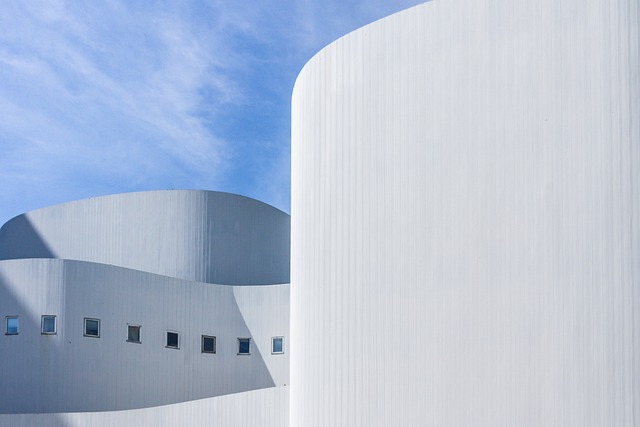In recent years, the hustle and bustle of city life has often overshadowed the beauty of nature and green spaces. Yet, amidst the concrete jungles and busy streets, a growing movement has emerged: urban plant cultures. These vibrant and diverse gardening practices are changing the way we perceive and interact with our environment, offering a refreshing escape from the chaos of urban living.
Flower gardening not only allows us to beautify our surroundings but also plays a vital role in promoting a greener environment. By integrating more plants into our urban spaces, we contribute to the ecosystem, support local wildlife, and enhance air quality. Imagine strolling along a city street adorned with blooming flowers, fragrant herbs, and lush greenery—a sight that uplifts spirits and nurtures a sense of community.
Urban plant cultures focus on growing flowers and plants in small spaces, whether it be a balcony, rooftop, or community garden. This approach encourages individuals to utilize their available space effectively, creating pockets of green that combat the urban heat island effect and promote biodiversity. A window box filled with colorful petunias or a rooftop garden bursting with sunflowers can transform a dull landscape into a sanctuary of nature and serenity.
Gardening in the city is not just about aesthetics; it’s also about reconnecting with nature. The act of planting seeds, nurturing growth, and finally witnessing the bloom is a deeply fulfilling experience. Every flower represents hope, resilience, and the potential for a greener future. Engaging in urban plant cultures cultivates mindfulness, allowing us to slow down, appreciate the present moment, and foster a sense of responsibility towards the environment.
Moreover, flower gardening in urban settings can have profound social impacts. Community gardens, for instance, bring people together, fostering relationships and encouraging collaborative efforts towards sustainability. Neighbors can share tips, produce, and even friendships, creating a strong sense of belonging in a fast-paced world. These interactions underline the importance of eco-consciousness and inspire collective action towards greener living.
As we embrace urban plant cultures, it’s essential to consider the local ecosystem when selecting plants. Native flowers are beneficial as they attract pollinators, such as bees and butterflies, which are crucial for maintaining ecological balance. Additionally, embracing organic gardening practices promotes healthier soil, air, and water, ensuring that our flower gardens are not only beautiful but also environmentally friendly.
So, whether you have a sprawling garden or a tiny patio, consider branching out into the world of flower gardening. Bring a touch of nature into your urban life, and cultivate a connection that nurtures both your spirit and the environment. By participating in urban plant cultures, you’re not just growing flowers; you’re sowing the seeds for a greener, more sustainable future.




